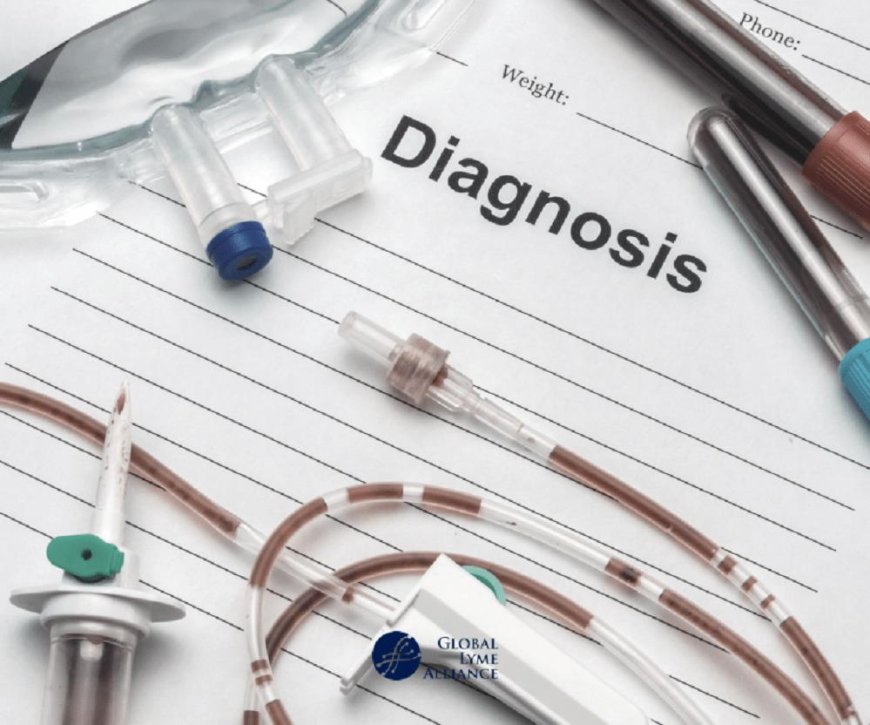Differential diagnosis: importance of received labels
importance of thorough knowledge of various diagnostic categories and appropriate assessment by a specialist. Differential diagnosis.

If you receive a misdiagnosis, the harms may outweigh the benefits. Hence the importance of thorough knowledge of various diagnostic categories and appropriate assessment by a specialist. Differential diagnosis.
Identifying a mental state does not always turn out to be easy. People generally seek help too late, and it is quite common for a person to get different diagnoses over time. For this reason, proper results also come late, and sometimes inadequate interventions are used. Differential diagnosis helps to avoid such situations.
Knowing that we are different from the rest can be very disturbing. Our thoughts, emotions and behaviors are very different from those of those around us. And this can lead us to feel flawed, isolated, and misunderstood. Getting a proper diagnosis when needed can help alleviate this discomfort in many cases.
But what if the label we get is wrong? The harm can far outweigh the benefits we can get from a wrongly grounded intervention. Hence, differential diagnosis is so important.
The labels we receive may seem trivial, but they are actually of great importance.
Do the labels we receive define us?
There are different, and often contradictory and controversial, opinions about the demand for labels. Some people find terms such as "anxiety", "depression", "attention deficit" or "personality disorder" restrictive and damning.
They suggest that after receiving a diagnosis, in many cases the person is reduced to the case label that was given to them. This happens in the presence of others, but the person may even see himself that way. Such labeling can harm her and even lead to the development of a possible disorder.
On the other hand, however, the value of receiving an answer explaining the symptoms we experience cannot be denied. Obtaining an accurate diagnosis brings us benefits on several levels:
- It allows us to understand this experience. Understand why we feel, think, or act a certain way, or blame ourselves.
- It helps to identify the possible origin of the condition. It also helps to understand why it arose in the context of our own biological and environmental variables.
- It gives you the opportunity to connect with other people who are experiencing the same experiences, thus reducing the feeling of isolation and misunderstanding.
- Above all, it is the first essential step to start the appropriate treatment. It is as a result of receiving a diagnosis that we can begin working with the disorder to improve the person's quality of life.
What is the importance of differential diagnosis
We can define differential diagnosis as a process performed to distinguish a disease from other similar diseases. In other words, other nearby or related disorders should be considered in the psychological assessment. This will allow you to determine which of them are really represented by a given person.
Must Read: Emotional intelligence and its importance in employee recruitment
This seemingly simple task requires at least a few elements that should be present during diagnosis:
- In-depth knowledge by a specialist of various diagnostic categories and their criteria.
- Individualized assessment that looks at a person's background, life history, and specific circumstances and symptoms.
- The active participation of the person in offering all relevant information. Sometimes a misdiagnosis is made because the person has not developed a trust relationship with the therapist strong enough to convey some key information. For example, many people are reluctant to explain that they hear voices
Differential diagnosis and comorbidities
One of the main difficulties also arises from the fact that several mental disorders often overlap. Some occur simultaneously or are interdependent. In such cases, it is necessary to identify all current problems and clarify the relationship between them.
Consider the example of a person who asks for help because of a high degree of anxiety in socializing. At first glance, you might think he has a social phobia. However, if she also stutters, it may be causing her social hardship.
In contrast, a person with a dysmorphic disorder (obsession with an actual or imaginary physical defect) may also suffer from ED (eating disorder). In this case, both diseases need to be addressed.
Follow-up is essential for a good differential diagnosis
Given all these complexities, it is important that the diagnosis remains open to revision and modification even after it is established. It is possible that during the session, data that was previously unknown will be discovered and will require a course change.
And if the intervention is not effective, there is probably even some element that has not been taken into account that points to a different diagnosis.
The label we receive determines the level of understanding of what is happening to us and the steps that must be taken to remedy it. That is why it is so important that it is correct. For this, a solid relationship with a specialist is necessary. Free enough for us to express and share all relevant data at any point in the process.
For this reason, don't hesitate to look for and try out different options when choosing a psychologist to accompany you through the process.
